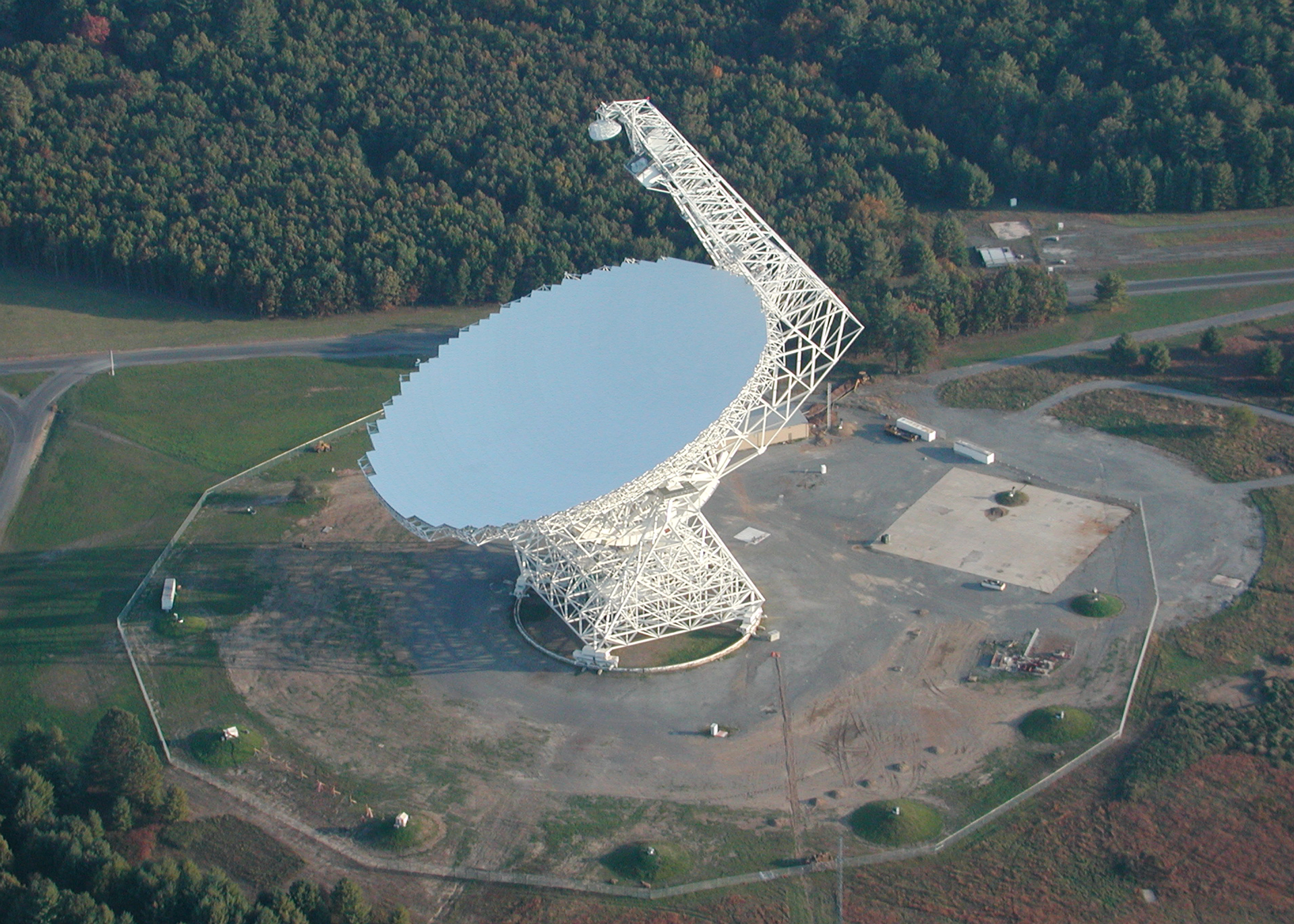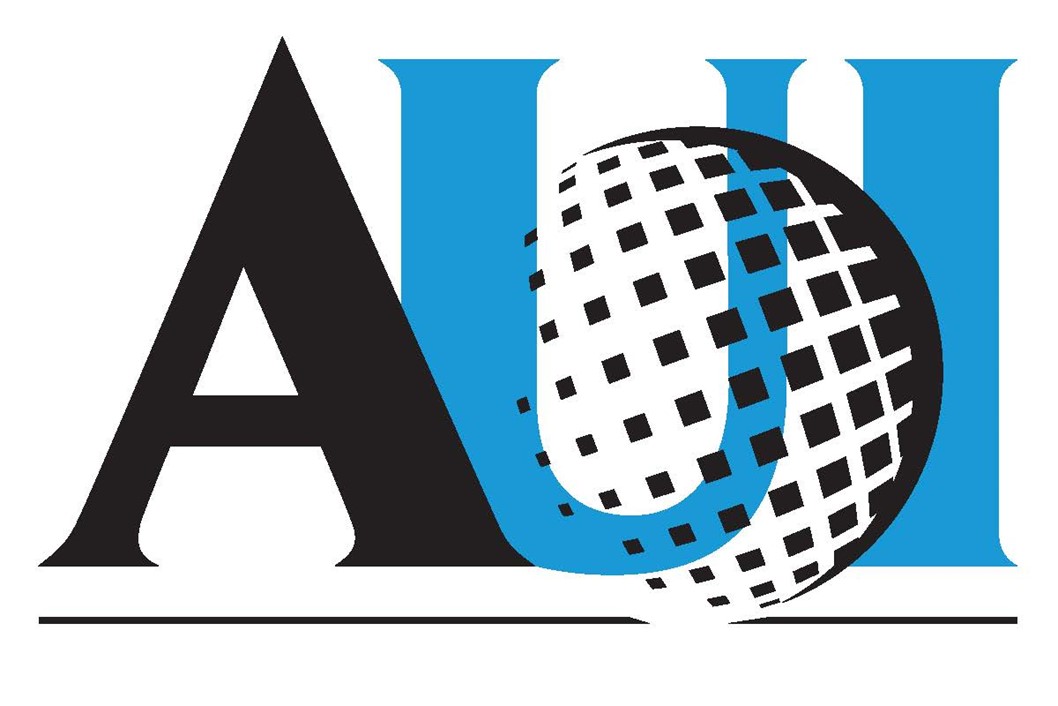Towards the center of our Milky Way Galaxy, in the constellation Sagittarius, astronomers have discovered 10 monstrous neutron stars. These particular stars, called pulsars, reside together in globular cluster Terzan 5, a crowded home for hundreds of thousands of different types of stars. In one of the most jam-packed places in our Milky Way, many pulsars in Terzan 5 have evolved into bizarre and eccentric forms.
Recent News
Old Data, New Tricks Discover Pulsar in Galactic Plane
A team of astronomers has found a new tool to discover pulsars, rapidly rotating neutron stars that blast out pulses of radiation at regular intervals ranging from seconds to milliseconds. Named the VLA Low-band Ionosphere and Transient Experiment (VLITE), the tool was made possible by a collaboration between the U.S. Naval Research Laboratory and the National Radio Astronomy Observatory.
AUI and the NRAO Announce Recipients of the 2024 NAC Bridge Scholarship Award
In its fourth year, the AUI Board of Trustees NAC Bridge Scholarship Award recognizes the academic accomplishments of National Astronomy Consortium (NAC) alums and assists them in the transition from undergraduate to graduate programs.
NSF Funds New Opportunity for Undergraduate Students

Green Bank Telescope. Credit: NRAO/AUI/NSF
Students to Research Impacts of New Astronomy Curriculum
AUI and the University of North Carolina Chapel Hill (UNC-Chapel Hill) are currently seeking undergraduate students to contribute to cutting-edge research in astronomy education. This paid opportunity, open to education and STEM majors, explores the impacts of new curriculum centered on the use of robotic telescopes, and is made possible through U.S. National Science Foundation funding. The program, consisting of approximately 360 primarily flexible workhours, runs from June 2024 through January 2025. This research experience is hybrid and features travel allowance for activities including an in-person field training at the Green Bank Observatory on June 9-15. Applications are due Sunday, May 5, 2024.
“Specifically, the research will focus on understanding how pedagogical methods and collaborative approaches impact student outcomes in astronomy education” said Dan Reichart, professor of physics and astronomy at the UNC-Chapel Hill and director of the Skynet Robotic Telescope Network. “What we are really looking for are students active in STEM or educational fields, with a strong academic record and interest in research. In turn, participants will have an opportunity to be mentored, work with an international team, travel to data collection sites and help present research findings at a professional conference.”
Travel will be funded through an allowance and the students will be supported with a $4,000 stipend.
“This is a wonderful introduction into education research,” said Tiffany Stone Wolbrecht, AUI’s interim director for education and public engagement. “The selected students will gain valuable experience in observational data analysis, research methods, collaborating on an international research team, and may even have the opportunity to publish outcomes beyond the program.”
The experience is part of a Research Experience for Undergraduate (REU) program and focuses on exploring STEM attitudes, self-efficacy and career intentions in introductory astronomy courses. The selected REU students will play a crucial role in investigating emerging trends in STEM education through a case study approach. They will collect observational and interview data, analyze existing survey data and collaborate with our research team to uncover insights into student learning experiences.
To apply, U.S. citizens and permanent residents that are currently enrolled in an undergraduate degree program should submit a current resume or CV, a statement of interest outlining their motivation for participating in the REU program and relevant experience (max 500 words), and preferably two letters of recommendation to Tiffany Stone Wolbrecht at [email protected].
We believe that diversity strengthens our research community and enriches the educational experience for everyone involved. We are committed to fostering an inclusive environment where all individuals, including women, people of color, LGBTQ+ individuals, individuals with disabilities, and first-generation college students feel welcome and valued. We actively encourage applications from students from these underrepresented groups.
Recent News
Telescope Tag-Team Discovers Galactic Cluster’s Bizarre Secrets
Towards the center of our Milky Way Galaxy, in the constellation Sagittarius, astronomers have discovered 10 monstrous neutron stars. These particular stars, called pulsars, reside together in globular cluster Terzan 5, a crowded home for hundreds of thousands of different types of stars. In one of the most jam-packed places in our Milky Way, many pulsars in Terzan 5 have evolved into bizarre and eccentric forms.
Old Data, New Tricks Discover Pulsar in Galactic Plane
A team of astronomers has found a new tool to discover pulsars, rapidly rotating neutron stars that blast out pulses of radiation at regular intervals ranging from seconds to milliseconds. Named the VLA Low-band Ionosphere and Transient Experiment (VLITE), the tool was made possible by a collaboration between the U.S. Naval Research Laboratory and the National Radio Astronomy Observatory.
AUI and the NRAO Announce Recipients of the 2024 NAC Bridge Scholarship Award
In its fourth year, the AUI Board of Trustees NAC Bridge Scholarship Award recognizes the academic accomplishments of National Astronomy Consortium (NAC) alums and assists them in the transition from undergraduate to graduate programs.
